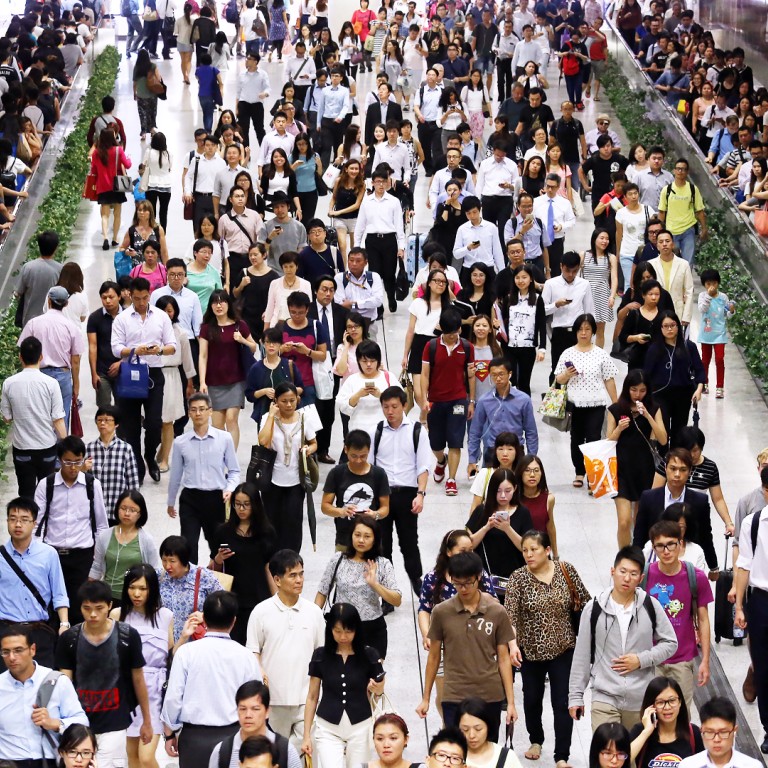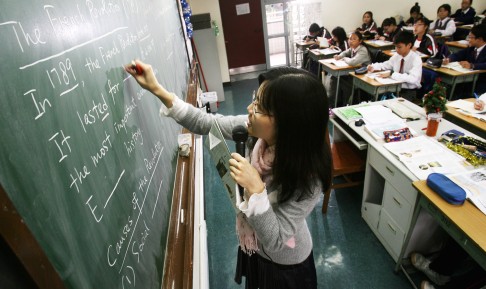
Proficient English and Cantonese will remain bedrock of Hong Kong’s culture, say lawmakers
Proficient English and Cantonese will remain the cornerstone of the city’s competitiveness and culture, lawmakers from both sides of the political divide say in response to a new study that found Hongkongers were becoming increasingly trilingual.
But only a quarter of respondents could write English “quite well” and 27 per cent could speak it “quite well”. By comparison, 30 per cent of respondents could use simplified Chinese characters and 68 per cent could speak Putonghua, the study, commissioned by the government’s Central Policy Unit, found.
Michael Tien Puk-sun, a former chairman of the Standing Committee on Language Education and Research, which advises the government on language education issues, said English speaking and writing levels were falling because there was less need for its use in everyday life.
“As the saying goes, if you don’t use it, you lose it,” the New People’s Party lawmaker said. “The reality is that we don’t need to write or speak as much English compared to the colonial days. People are more exposed to Putonghua now due to tourism and commerce.”
Tien said it was even more important to maintain and improve standards of English reading for personal self-improvement.
“Promoting English reading skills is very important,” he said. “Don’t forget, 80 per cent of economic systems are associated with the English language … If you’re afraid to read in English then your learning scope is more limited.”

The study found that 81 per cent of respondents used English with their work colleagues and clients, compared to 53 per cent who used Putonghua with the same group of people.
The research also found that 86 per cent of respondents used English for work-related writing and reading, compared to 16 per cent who used simplified Chinese in work-related writing and 21 per cent in work-related reading.
The study also found that although the use of Cantonese did not decrease in vitality, some respondents felt Cantonese was at least moderately threatened by the encroachment of Putonghua.
Tien agreed that it would be hard for Putonghua to replace Cantonese as even people in Guangzhou were resisting change. New immigrants to Hong Kong were also speaking Cantonese, not Putonghua, as once feared.
“I support Cantonese,” Tien said. “Cantonese is a culture. There are some words in Cantonese that don’t even exist in Putonghua.”
Civic Party lawmaker Claudia Mo Man-ching agreed, saying that Cantonese was the root of Hong Kong identity and could not be erased by Putonghua even under its status as a ruling language.
“Destroying a society’s identity would first involve destroying its vernacular language,” said the former English-language journalist.
Mo said English, though an official language, was most likely seen as “foreign and global” and could be seen as a language not in line with the development of Chinese as desired by Beijing. “This could partly explain the falling English standards,” she said.
Both lawmakers said it was not necessary to focus on improving the learning of simplified Chinese as most people who understood traditional Chinese would pick up mainland-style characters easily.
Mo added: “Anyone who knows proper Chinese should not have too much problem with the mainland version.”

